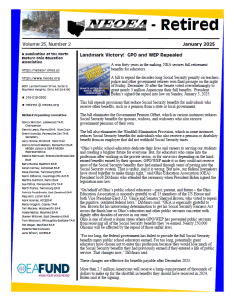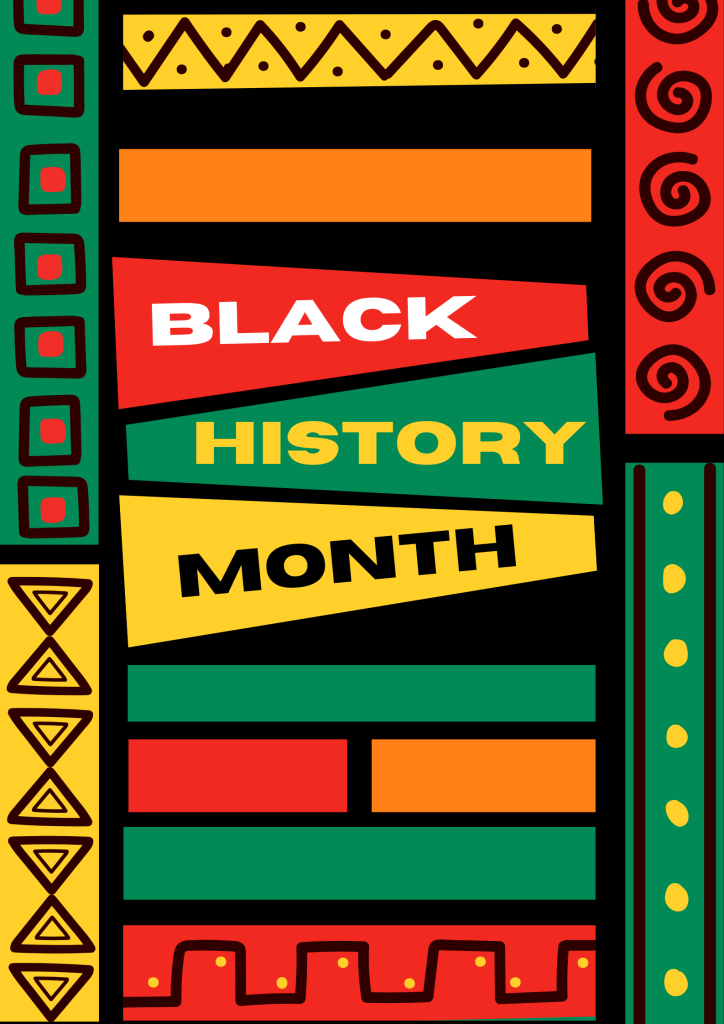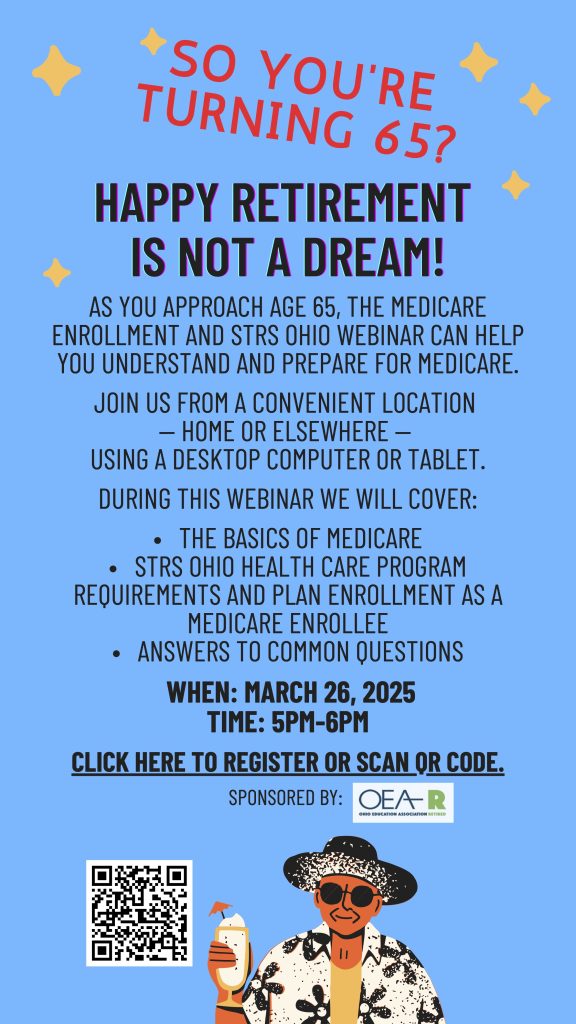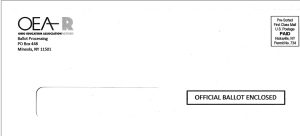A win forty years in the making, NEA secures full retirement benefits for educators

https://www.nea.org/nea-today/all-news-articles/landmark-victory-gpo-and-wep-repealed
A bill to repeal the decades-long Social Security penalty on teachers, police and other government retirees won final passage on the night of Friday, December 20 after the Senate voted overwhelmingly to grant nearly 3 million Americans their full benefits. President Biden’s signed the repeal into law on Sunday, January 5, 2025.
This bill repeals provisions that reduce Social Security benefits for individuals who receive other benefits, such as a pension from a state or local government.
The bill eliminates the Government Pension Offset, which in various instances reduces Social Security benefits for spouses, widows, and widowers who also receive government pensions of their own.
The bill also eliminates the Windfall Elimination Provision, which in some instances reduces Social Security benefits for individuals who also receive a pension or disability benefit from an employer that did not withhold Social Security taxes.
“Ohio’s public school educators dedicate their lives and careers to serving our students and creating a brighter future for everyone. But, for educators who came into the profession after working in the private sector, or for survivors depending on the hard-earned benefits earned by their spouses, GPO/WEP made it so they could not receive most of the Social Security benefits they had earned through years of paying into the Social Security system. That is unfair, and it is wrong. But now, our federal lawmakers have stood together to make things right,” said Ohio Education Association (OEA) President Scott DiMauro.
“On behalf of Ohio’s public school educators – past, present, and future – the Ohio Education Association is sincerely grateful to all 15 members of the US House and both Vice President-Elect J.D. Vance and Senator Sherrod Brown, who voted to repeal the punitive, outdated federal laws,” DiMauro said. “OEA is especially grateful to Sen. Brown for his unwavering determination to get his Social Security Fairness Act across the finish line so Ohio’s educators and other public servants can retire with dignity after decades of service in our state.”
Ohio is one of about a dozen states where GPO/WEP has prevented public servants from receiving all of the Social Security benefits they’ve earned. Nearly 250,000 Ohioans will be affected by the repeal of those unfair laws.
“For too long, the federal government has failed to provide the full Social Security benefits many public school educators earned. For too long, potentially great educators have chosen not to enter this profession because they would lose much of the Social Security benefits they had previously earned if they entered a life of public service. That changes now,” DiMauro said.
These changes are effective for benefits payable after December 2023.
More than 2.5 million Americans will receive a lump-sum payment of thousands of dollars to make up for the shortfall in benefits they should have received in 2024, Biden said on Sunday.
Eliminating the WEP will increase monthly Social Security benefits for 2.1 million beneficiaries by $360, on average, as of December 2025, the Congressional Budget Office has estimated.
Eliminating the GPO will increase monthly benefits by an average of $700 for 380,000 spouses and by an average of $1,190 for 390,000 surviving spouses as of December 2025, according to CBO.
The Social Security Administration is evaluating how to implement the SSFA, and will provide more information and guidance as soon as possible.
This is an initial FAQ based on available information. Stay tuned for updates from NEA and on the Social Security Administration website.
https://www.congress.gov/bill/118th-congress/house-bill/82
https://apnews.com/article/social-security-congress-565aaf221de6d607f207e286655eef25
https://www.ohea.org/oea-celebrates-passage-of-social-security-fairness-act/
https://www.cnbc.com/2025/01/06/social-security-fairness-act-brings-retirement-changes-for-some-pensioners.html?__source=androidappshare








 ook for election information by email and US mail. Please support candidates from NEOEA-R.
ook for election information by email and US mail. Please support candidates from NEOEA-R.



